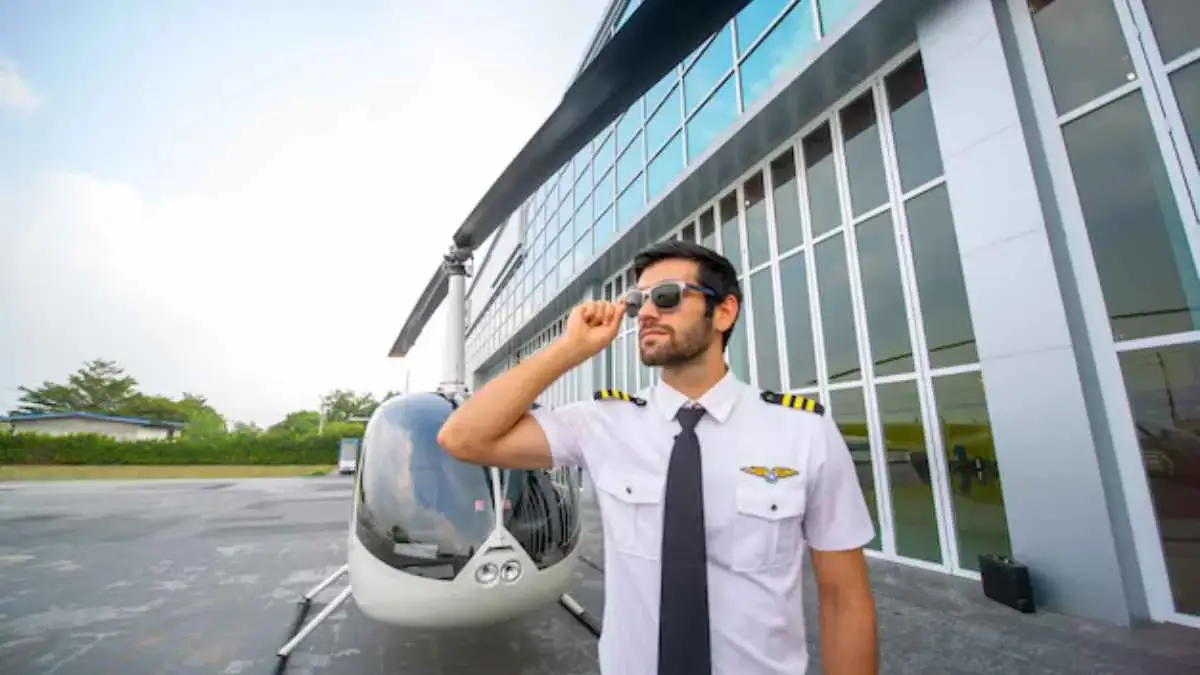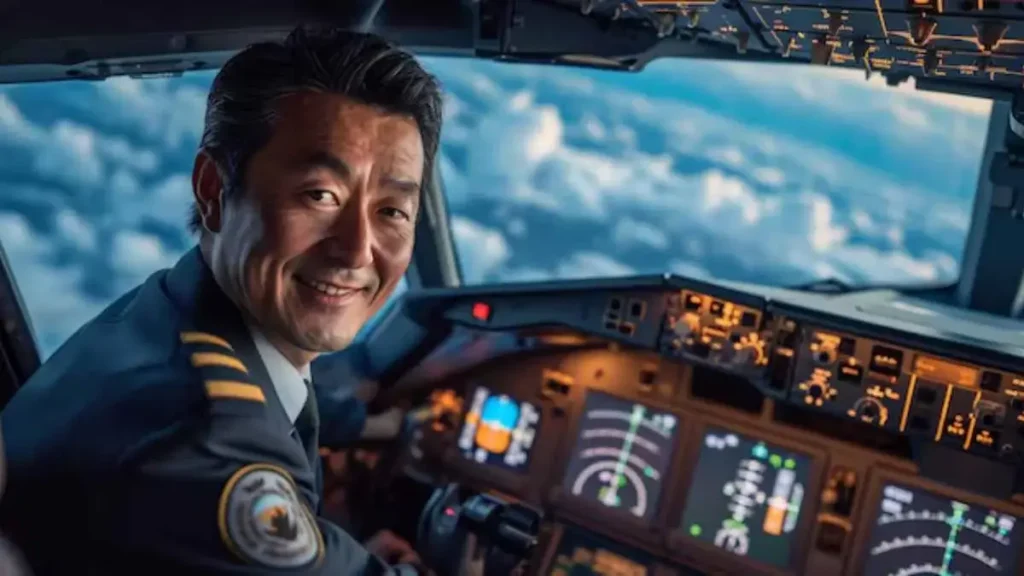GENERAL
The Top Skills You’ll Learn in Pilot School

Choosing to become a pilot is an exhilarating path, offering both the excitement of flight and valuable skills applicable beyond the cockpit. Enrolling in a pilot school immerses you in diverse training experiences, equipping you with the knowledge and expertise to navigate the skies with confidence. This blog post delves into the vital skills that pilot training imparts to aspiring aviators.
Table of Contents
Aviation Theory
One of the first areas of focus in pilot school is aviation theory. This fundamental aspect of pilot training covers everything from the basics of aerodynamics to the complexities of aircraft systems. Understanding the principles of flight, weather impacts, and navigation are crucial. These theoretical lessons ensure that students not only can operate an aircraft but also deeply understand the mechanics of flight and the environment in which they fly.
- Practical Application of Theoretical Knowledge: The theory learned in classrooms is regularly tested in simulators and during actual flight training. This practical application solidifies the knowledge and prepares students for real-world flying, emphasizing the importance of theory in everyday flying tasks.
Aircraft Operation and Control
Mastering the safe control and operation of an aircraft is central to pilot training. Pilot schools in Dallas offer comprehensive, hands-on experience with a range of aircraft, emphasizing both single-engine and multi-engine planes. Students are trained in pre-flight inspection procedures, cockpit instrumentation, and the intricacies of takeoff, flight, and landing.
- Mastery of Manual Flying: Despite advances in aviation technology, manual flying remains a critical skill. Mastery over controlling the aircraft manually ensures that pilots can handle unexpected situations and maintain control without relying solely on automated systems.
Navigation
Modern aviation heavily relies on both traditional and advanced technology for navigation. Trainees learn to use aeronautical charts, understand air traffic control commands, and operate GPS systems. Effective navigation training is crucial for route planning and execution, ensuring safe and efficient flight paths.
- Emphasis on Accuracy and Precision: Precision in navigation is emphasized, with students learning to make accurate calculations and decisions quickly. This training is vital for both short domestic flights and long international routes, where precision can significantly affect safety and fuel efficiency.

Communication Skills
In aviation, effective communication is crucial. Flight schools emphasize honing both verbal and written communication skills, empowering pilots to convey information clearly to air traffic control, crew members, and passengers.
- Building Communication Confidence: Regular drills and simulated emergency situations enhance a pilot’s ability to maintain clear, calm communication under pressure, a skill that has far-reaching implications in all areas of life.
Emergency Response
Pilot training also involves comprehensive emergency response preparation. Students learn to handle potential in-flight emergencies, from engine failures to adverse weather conditions, with calm and logic.
- Developing Quick Decision-Making Abilities: The ability to assess situations swiftly and make critical decisions under pressure is honed, a skill that is indispensable in the cockpit and beyond.
Conclusion
Pilot schools equip students with skills extending beyond aviation, preparing them for the skies and life itself. The curriculum blends deep theoretical insight with precise practical skills, emphasizing more than just flying. It cultivates responsible, confident, and competent individuals ready for challenges both in the air and in everyday life. Students explore aerodynamics, meteorology, navigation, and emergency protocols, gaining a comprehensive understanding of aviation principles. The demanding training regimen underscores safety, discipline, and perseverance—qualities that serve pilots well in all aspects of life. As training progresses, pilots develop not only the technical skills to operate complex machinery but also enhance personal attributes. These include improved decision-making, refined communication, and effective stress management—skills beneficial across various life domains.
-

 GENERAL2 months ago
GENERAL2 months agoUncovering the World of кинокрадко: The Dark Side of Film Piracy
-

 GENERAL1 month ago
GENERAL1 month agoUnveiling the Art of преводсч: How Translators Bridge Language Barriers
-

 GENERAL3 weeks ago
GENERAL3 weeks agoChristofle – For Those Who Dream of Family Heirloom Silver
-

 YOGA1 year ago
YOGA1 year ago4 Person Yoga Poses for Beginners


























